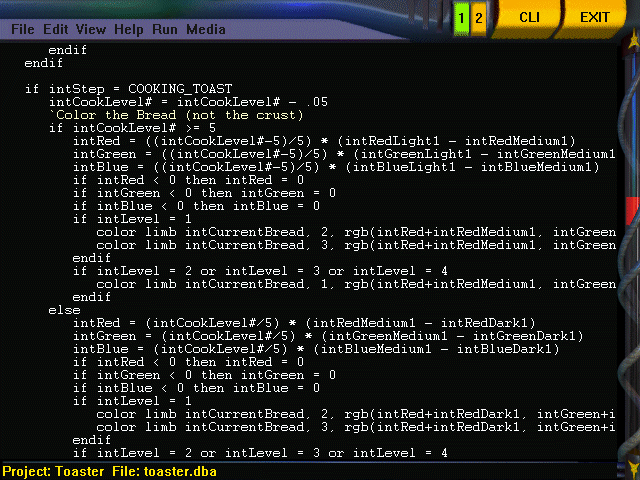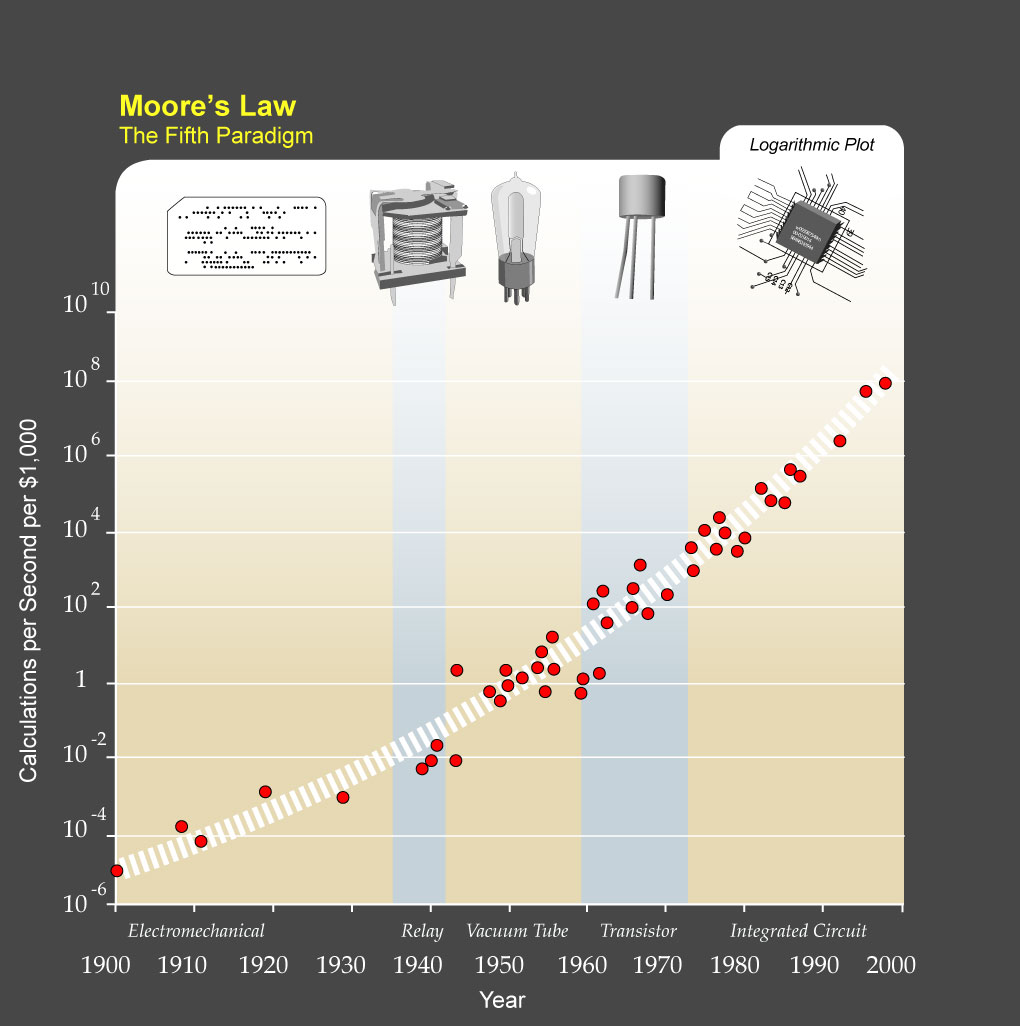When studying stellar evolution, the really interesting stuff are the ways that high mass stars die - supernovae. Our sun, by comparison, will be far less exciting as it dies the slow death of a cooling white dwarf in about 5 billion years. However, a paper recently published by Boss et al (available
here) and summarized nicely by Physics Today (available
here) shows that the excitement in our solar system probably happened about 5 billion years in the other direction. Their research shows that our sun and its planets probably formed due to a supernova shock wave passing through.
The supernova shock wave theory had been around since the 1970's when it was discovered that meteorites in our solar system contained the decay products of aluminum-26 and iron-60. Aluminum-26 and iron-60 can only be produced naturally by supernovae and are both very short lived (in astronomical terms) with half-lives of 717,000 and 1,500,000 years respectively. For the decay products of these elements to be present in meteorites in our solar system, the solar system must have formed within a few hundred thousand years of a supernova explosion - an astronomical blink of an eye when you consider the age of our sun (~4.5 billion years). So either the supernova was an extremely unlikely coincidence or it caused the formation of our solar system.
The problem, however, was that when astrophysicists tried to model the collapse of a star-forming cloud due to a supernova shock wave passing through, the results were not pretty. Instead of initiating a collapse the shock wave actually tended to delay the collapse by heating the gas (causing it to expand) or even blowing the proto-solar cloud apart completely. So while the data clearly pointed towards supernova induced collapse, the mechanics of that process remained elusive.
The paper published by Boss et al. has finally solved the mystery. Using the FLASH code, they were able to show that the shock wave would compress the gas and start the collapse and that the heating caused by the shock could be radiated out of the cloud by molecules like molecular hydrogen, water, and carbon dioxide. The problem with previous models was that they used a rough parametrization for the radiative cooling while the FLASH simulations use a complex set of chemical reaction networks that provide much more physically accurate models for cooling. These simulations have answered a question that has been floating around for three decades that may never have been answered any other way.
****************************
On another note, I'd like to express my support for the model of modern code development that the FLASH code and others have helped to popularize. Twenty years ago when you wanted to run a simulation, you sat down and wrote your own code, used it once or twice, and then wrote another code for your next project. Today the problems in many areas of astrophysics are so complex that it would be impractical if not impossible for a single person to write a code that could do cutting edge research. The FLASH code incorporates advanced computational methods, cutting-edge algorithms for massive parallelization, hydrodynamic and magnetohydrodynamic solvers, massive nuclear and chemical reaction networks, general and special relativistic mechanics, radiative transfer models, particle physics, and more. No one person has the understanding and expertise to write a code that could do all of those things - and even if they did it would take an individual years to decades to produce a working code that contained it all.
FLASH was developed by a team that contained engineers, chemists, physicists, and computer scientists. It was written in the same way that most large pieces of commercial software are written. It is highly modular and very well documented. It is a code that can tackle problems like the one mentioned above because it includes so many diverse physical processes in a framework that allows the effective use of some of the world's largest supercomputers.
If more codes were written this way, more meaningful science would get done. I believe that in 10 years or so, almost all numerical science will use codes developed like FLASH.
I should also note that FLASH is not the only code to follow this model. Other codes large codes like the molecular dynamics code NAMDI, the cosmological codes ENZO and GADGET, and even some smaller ones like the code I use for solar and stellar convection models, ASH, were developed this way. FLASH is, however, probably the most well-known and best example of this new mode of code writing.











